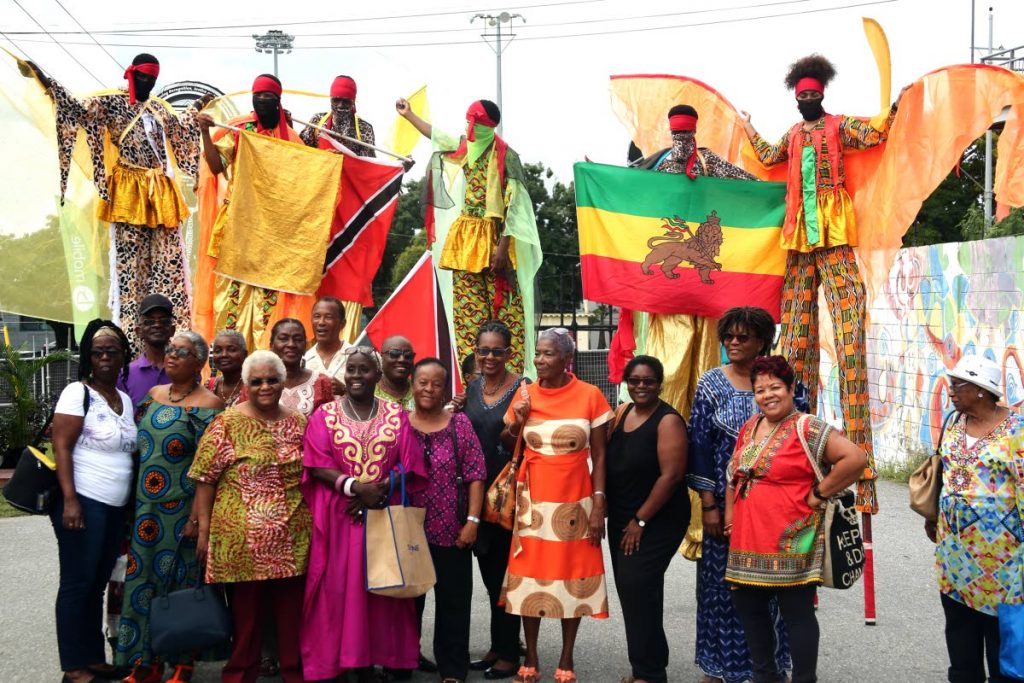Remembrance of things past

THE ORGANISERS of the Emancipation Day commemoration should be commended for pulling off a thought-provoking edition of festivities. While the holiday has come and gone, it has left much food for thought.
Going into the holiday, Prime Minister Dr Keith Rowley opened a much-needed discussion on race and the status of black people in society. He followed this up with the announcement of a plan for the installation of a plaque at the Treasury Building in Port of Spain to commemorate the proclamation of emancipation.
“If we have not been properly educated on the facts of our circumstance, if we forget, we can lose our way in a very competitive society and world,” Rowley said. “We can also find ourselves victims of self-loathing, self-flagellation, accepting instances or periods of low self-esteem. All of these are to be rejected out of hand because we are equal to any, better than none, but equal to any and inferior to none.”
Continuing the theme of remembrance of things past was deputy mayor of Port of Spain Hillan Morean who announced a proposal for the renaming of Oxford Street after Kwame Ture. The proposal, he said, would be subject to consultation. He said, “We must consult with the business and residential community of that street in Port of Spain as well as the respective ministries.”
We welcome both initiatives. But the process of erecting monuments is often as tricky as the legacy of those being honoured. In the case of Ture, who was born Stokely Carmichael in Trinidad in 1941, his is a legacy embracing the formation of the concept of Black Power, as well as the famous Black Panther Party in the US. His life and his activism remind us of the global nature of these issues. However, his legacy is complex given his controversial remarks on the role of women in the Black Power movement. Still, there should be a deep discussion on Ture’s legacy, particularly in light of the movement to come to grips with the relics of colonialism within the capital.
“Right now, our capital city is a monument of colonialism,” noted Shabaka Kambon of the Cross Rhodes Freedom Project this week. “But those people who fought for and sacrificed for the freedom we enjoy today, we don’t know them, they are not represented anywhere.” We endorse the call for Ture’s house on Oxford Street to also be preserved.
Opponents of these proposals, however, are likely to question whether they are relevant. Times have changed, they will likely say, and we should focus on more important things. Yet, it’s important to memorialise all aspects of our history not just as a means of reflecting on the past. Looking to the past is a way of looking at the present. For as Faulker once said, “The past is never dead. It’s not even past.”


Comments
"Remembrance of things past"